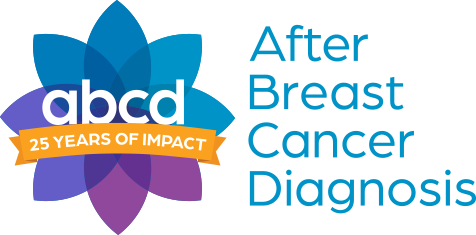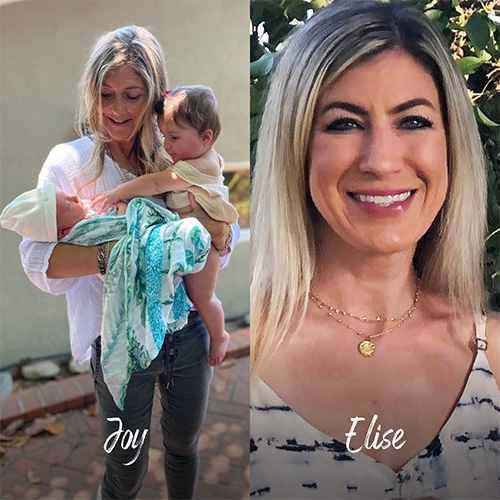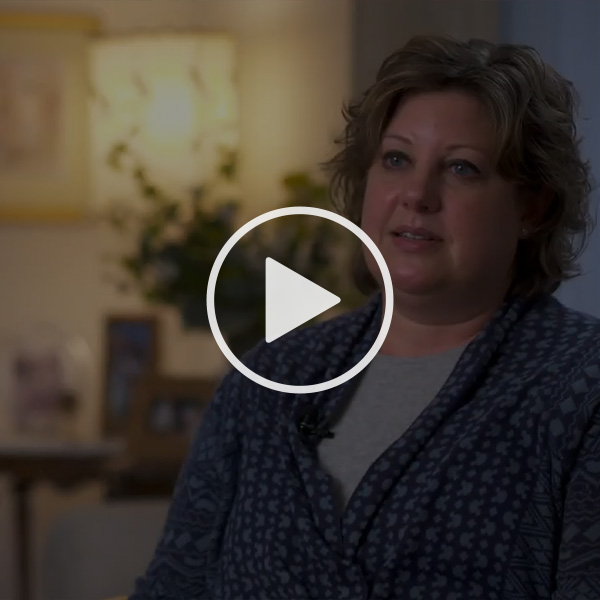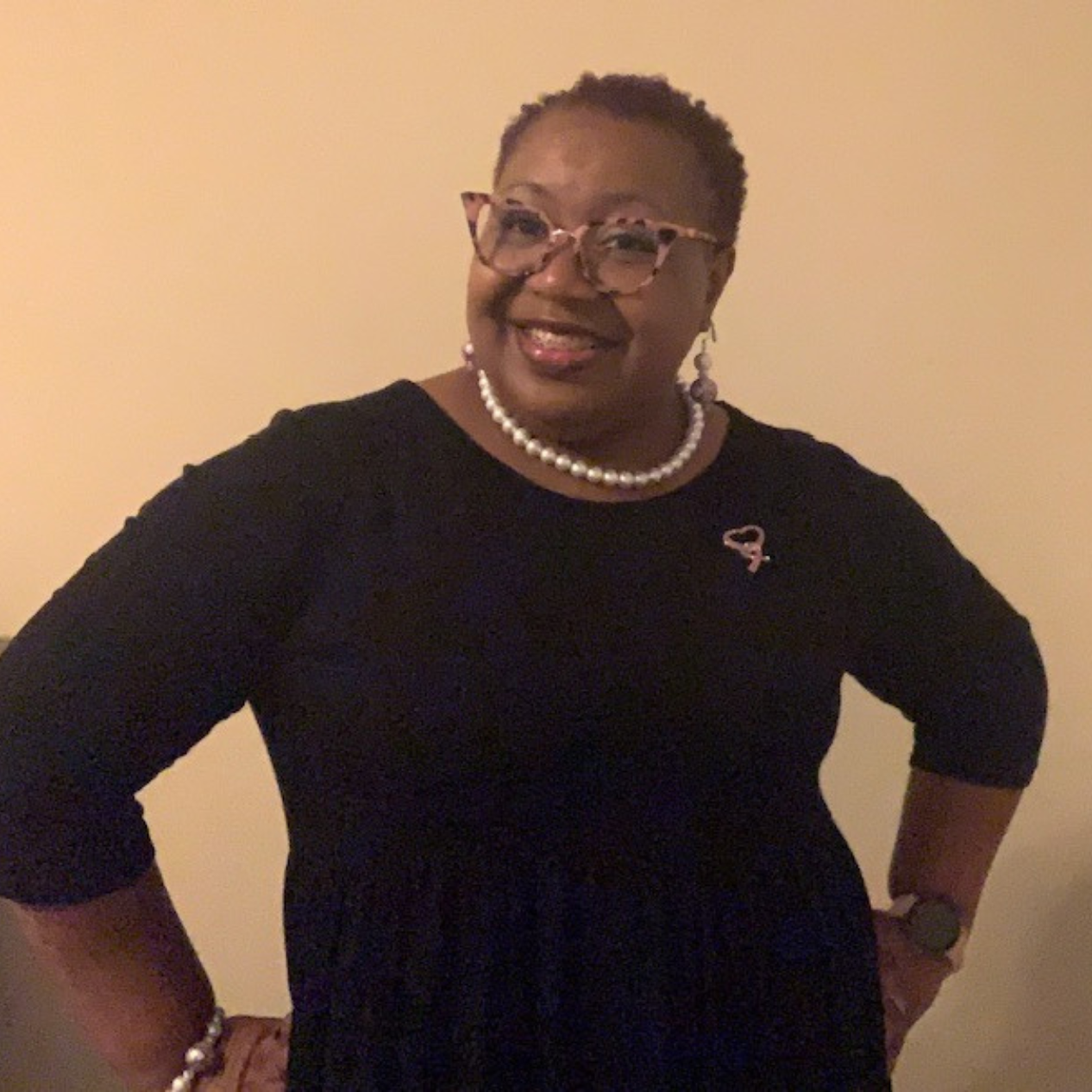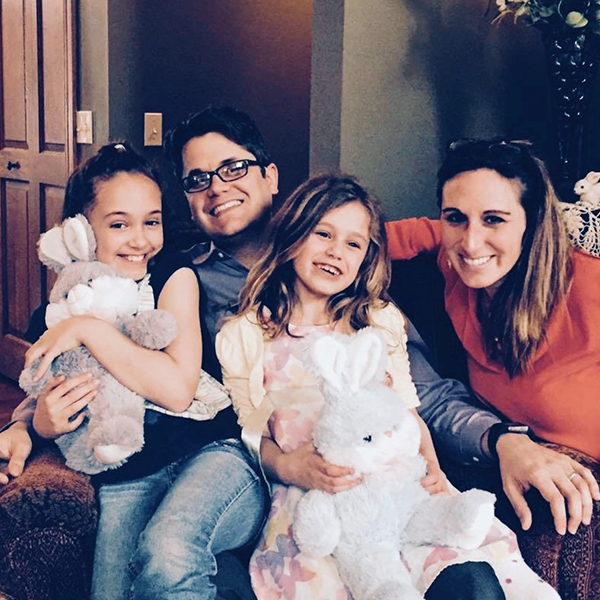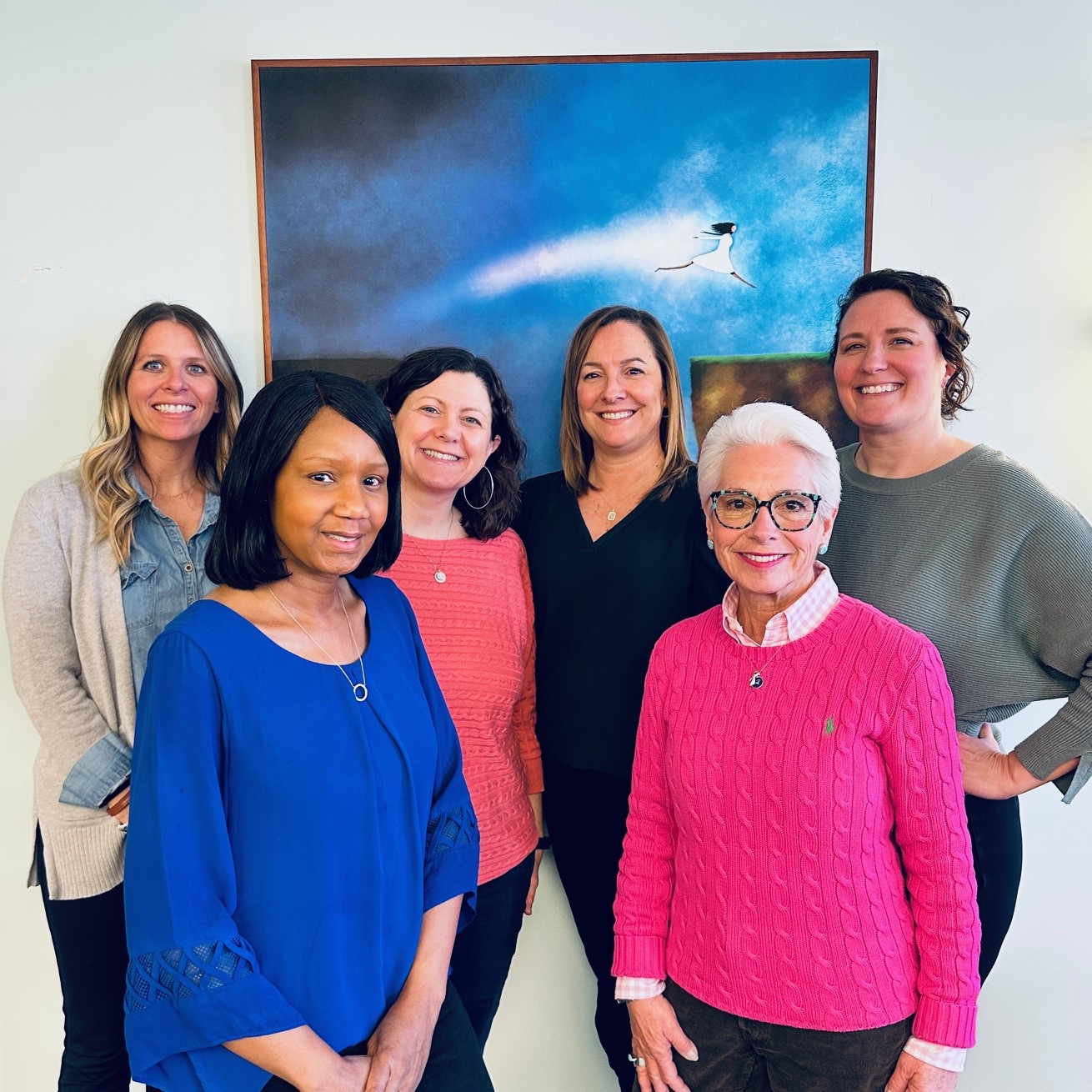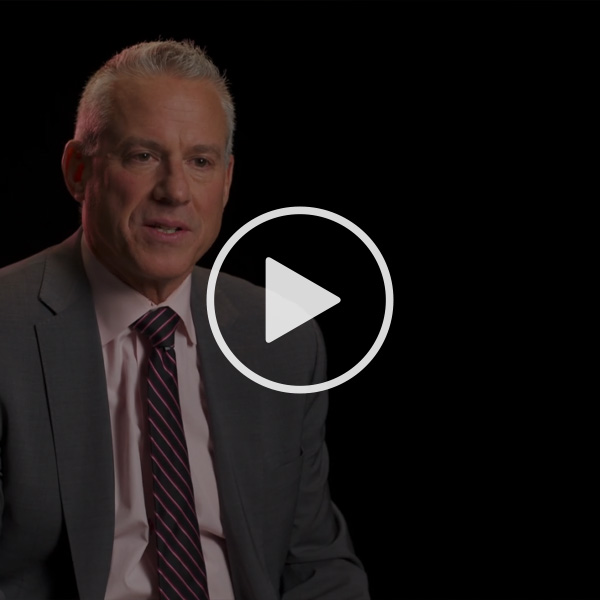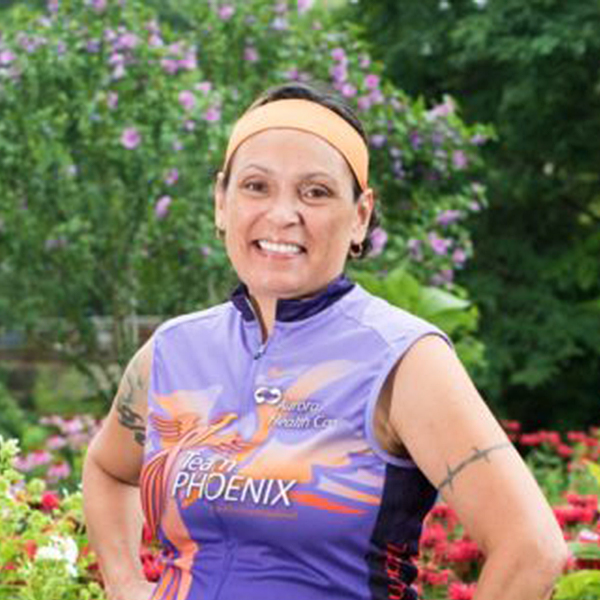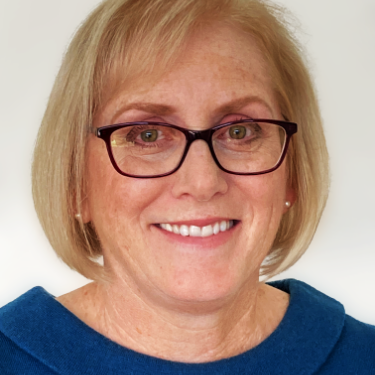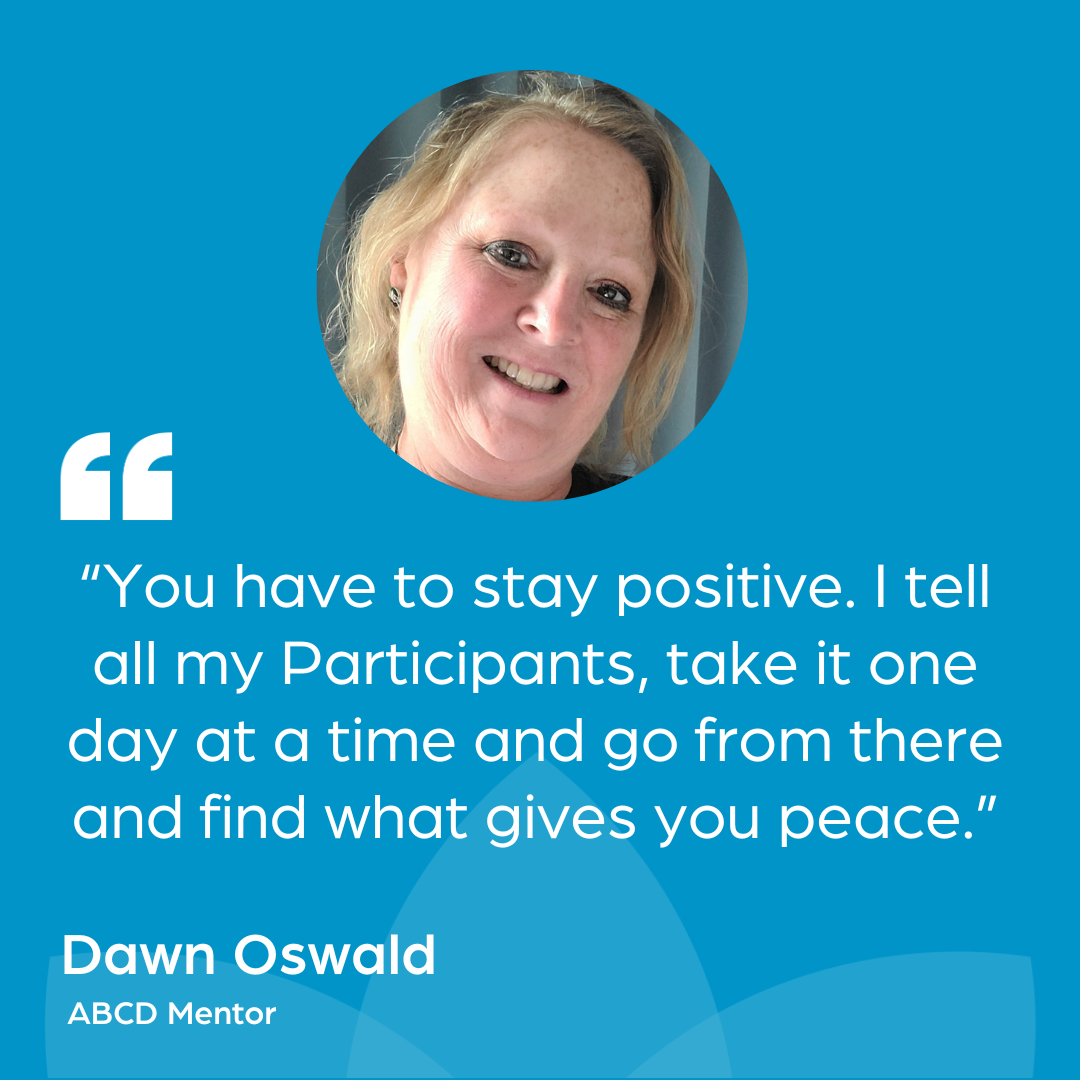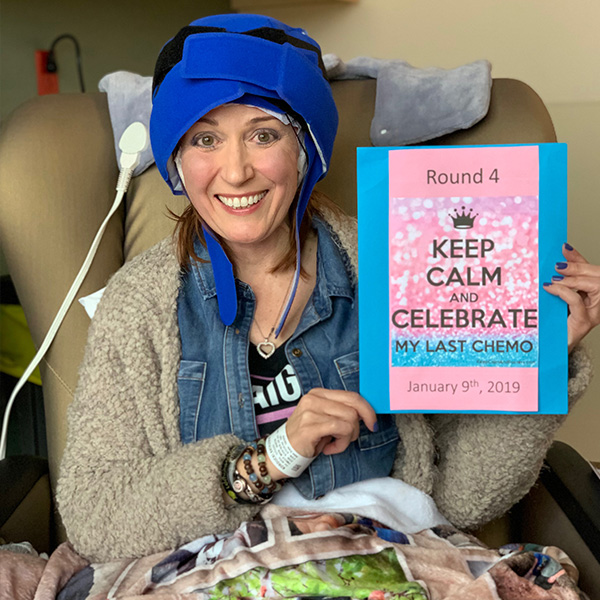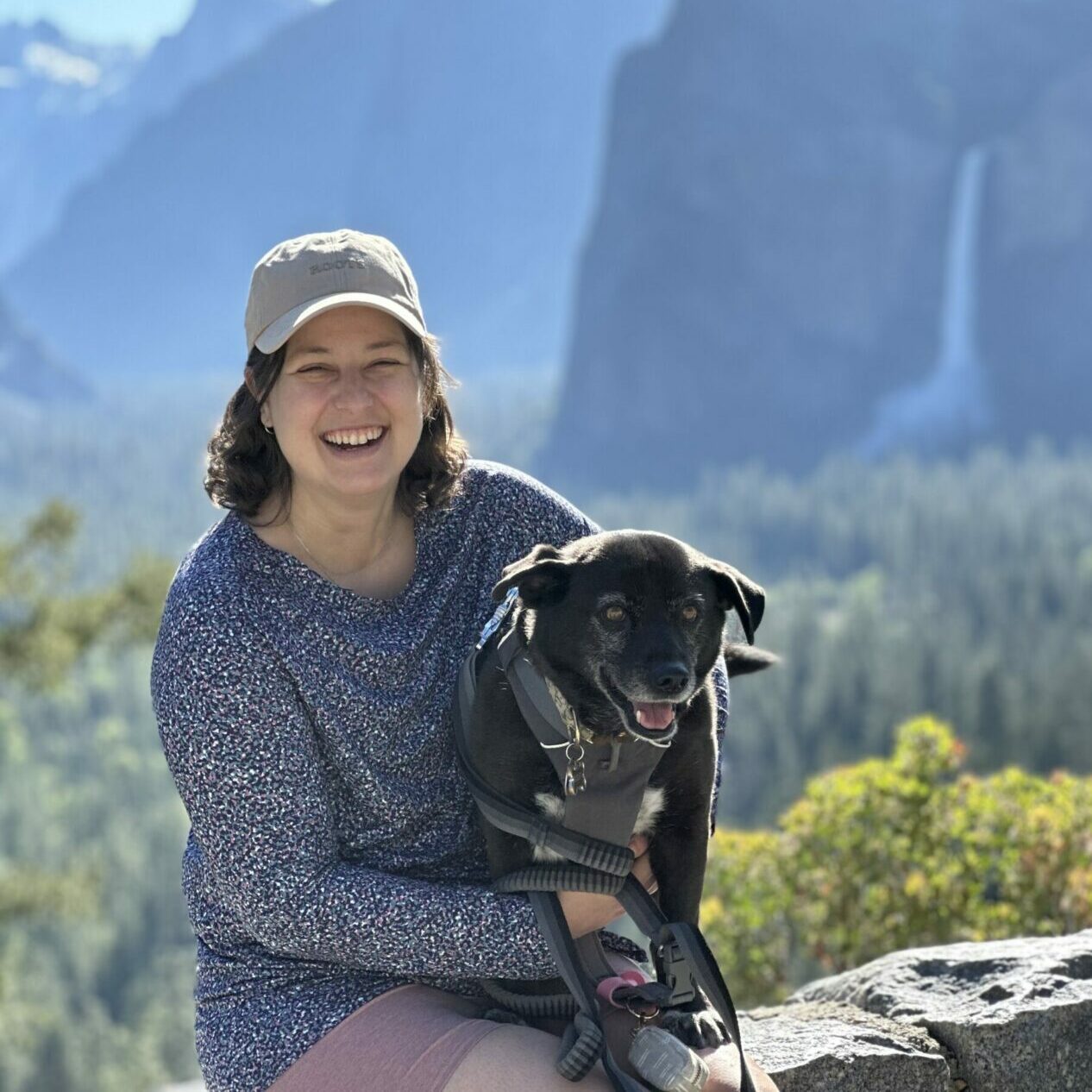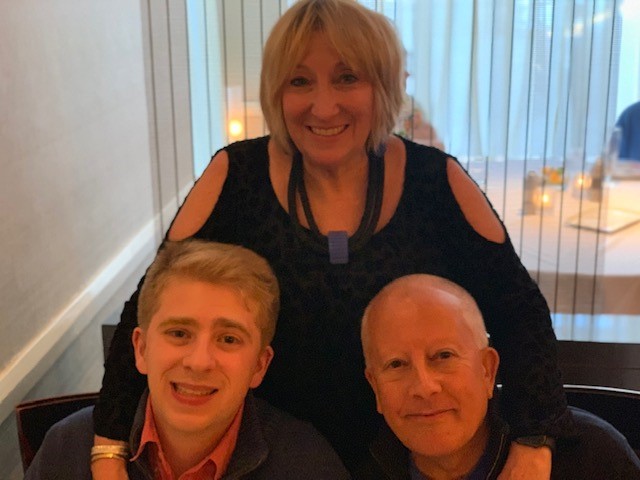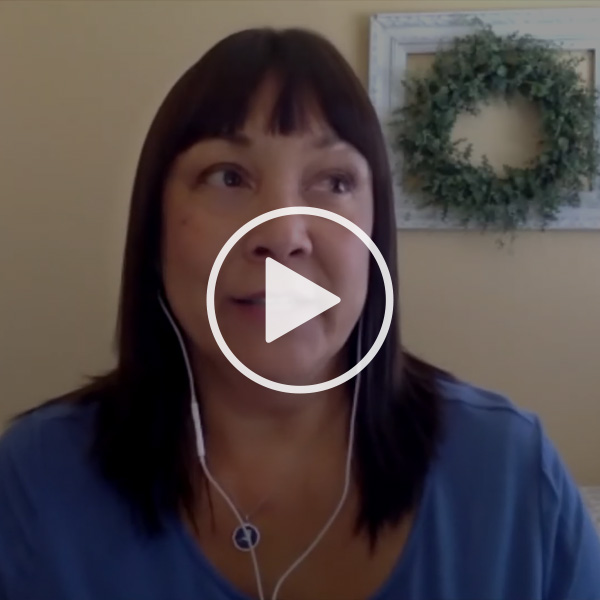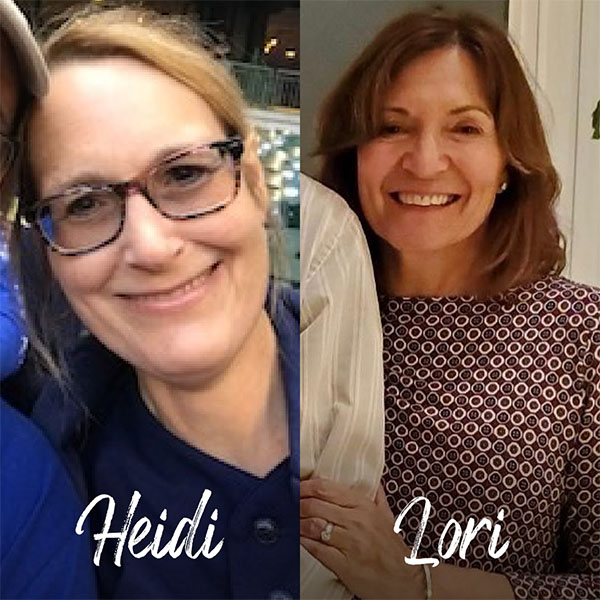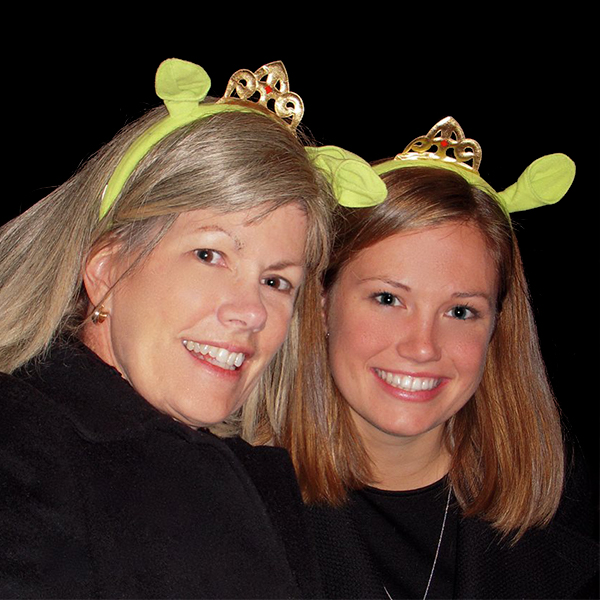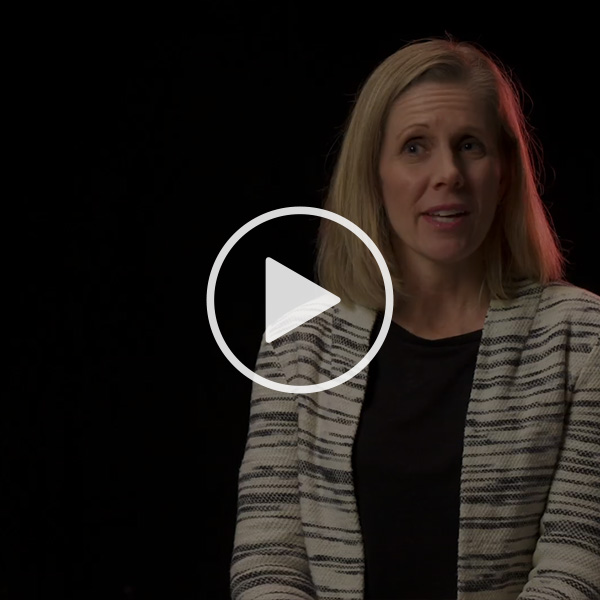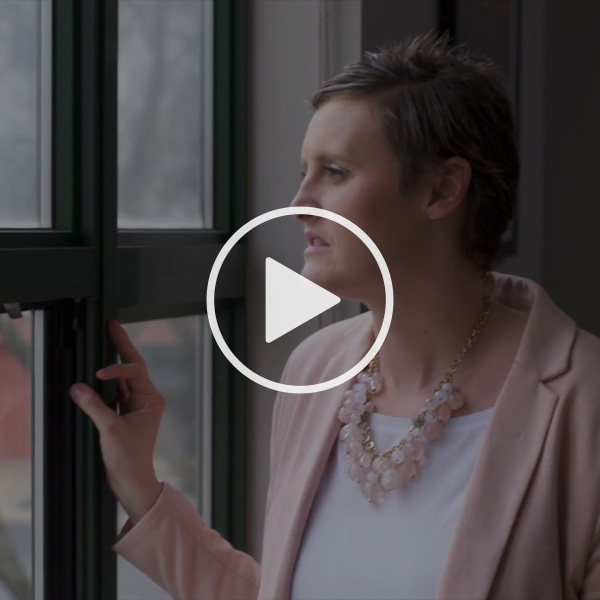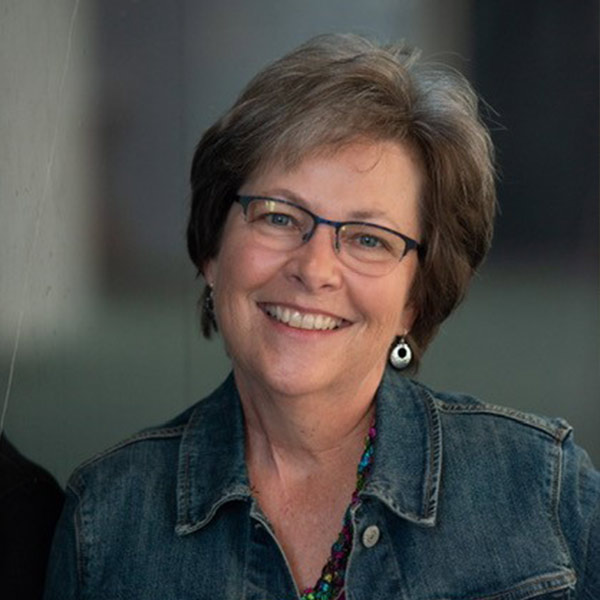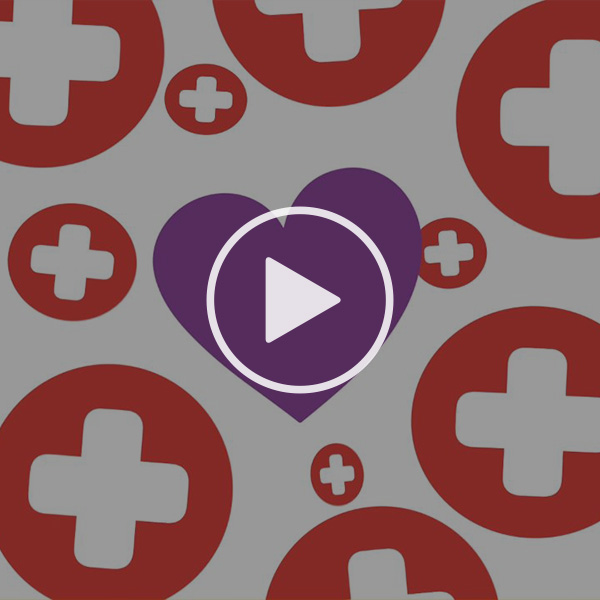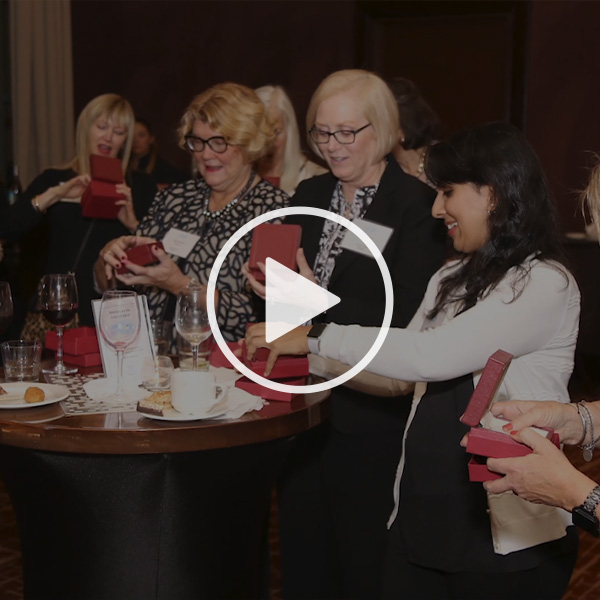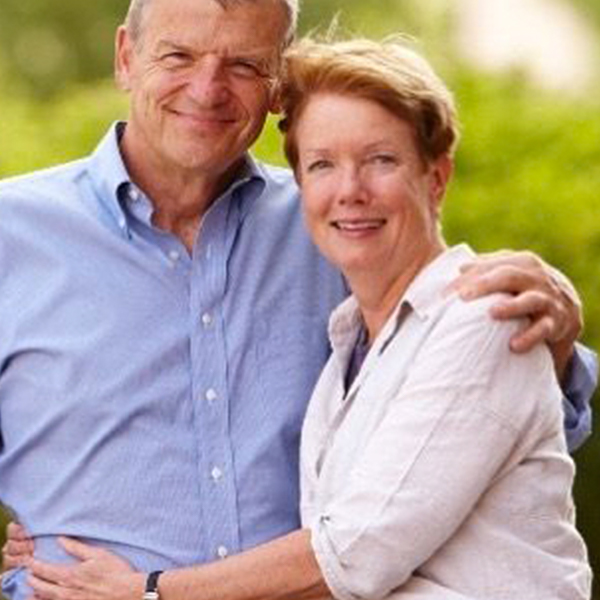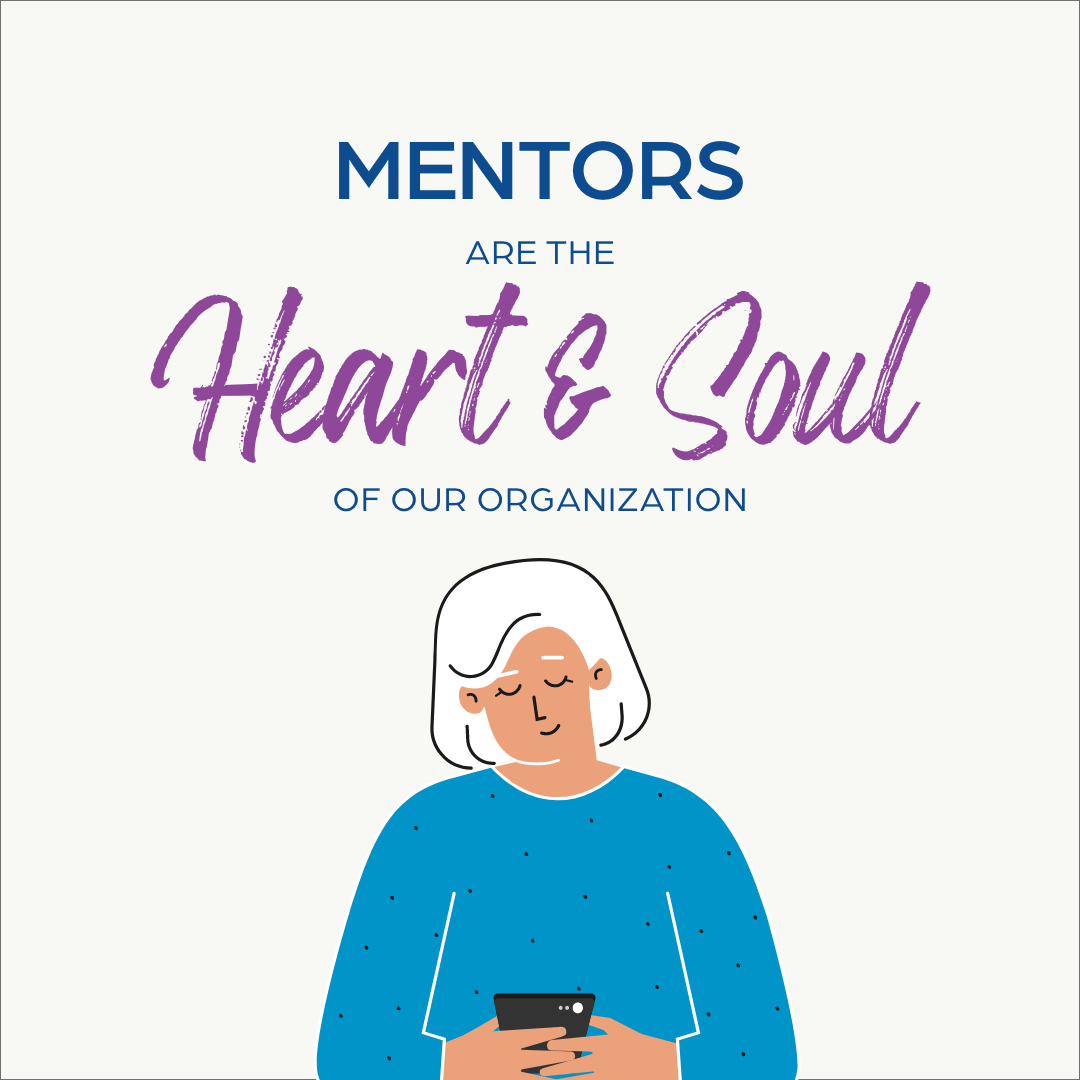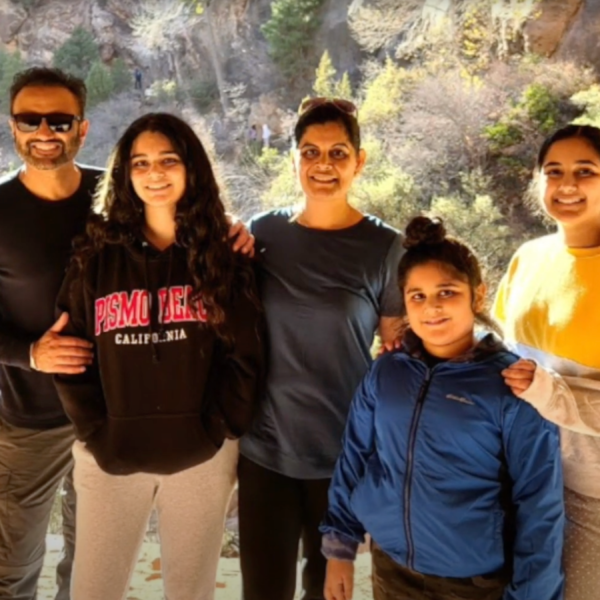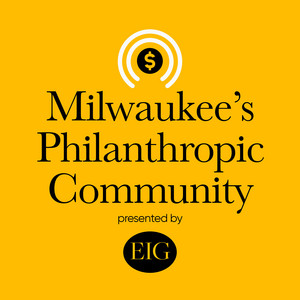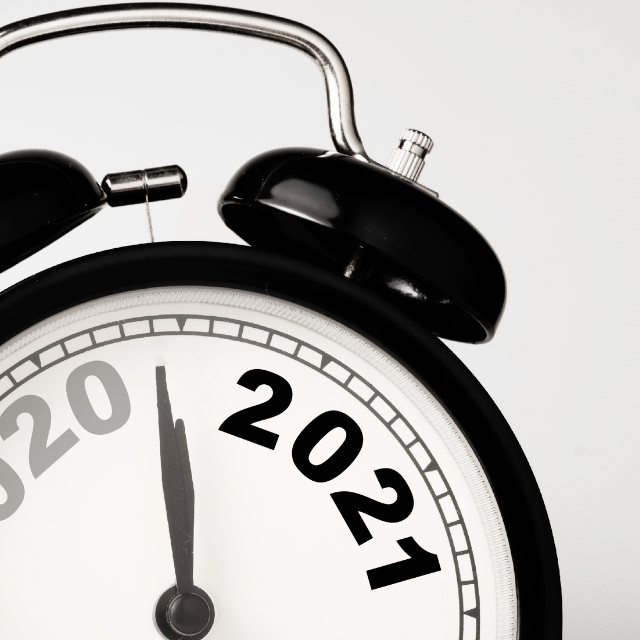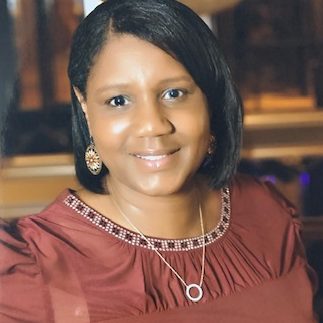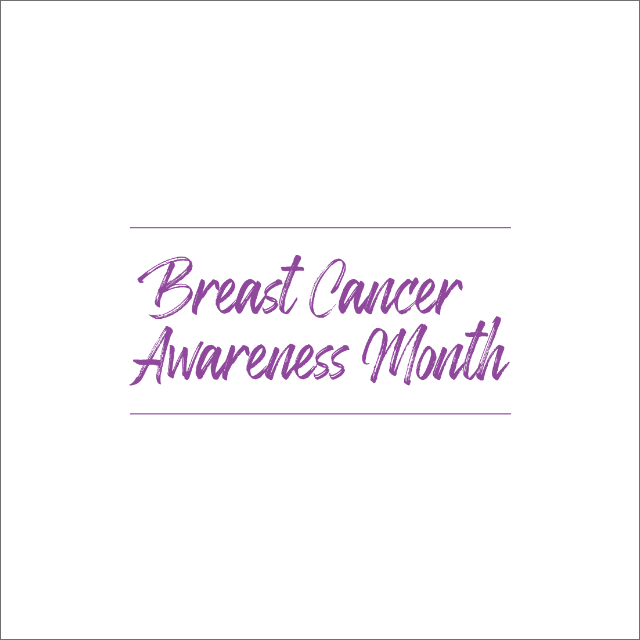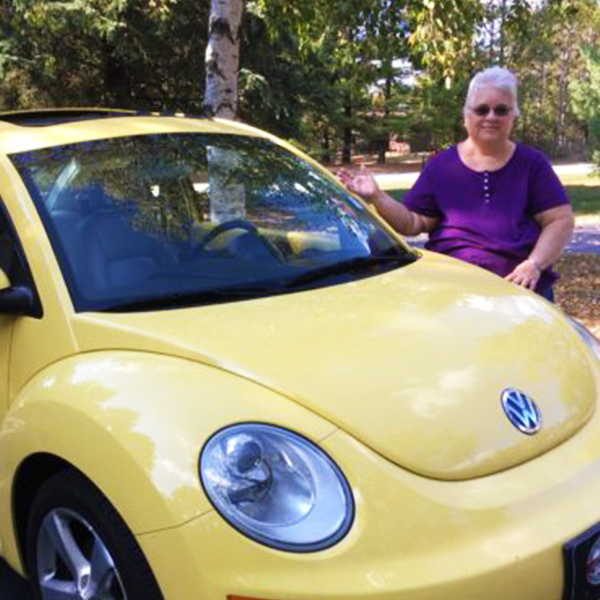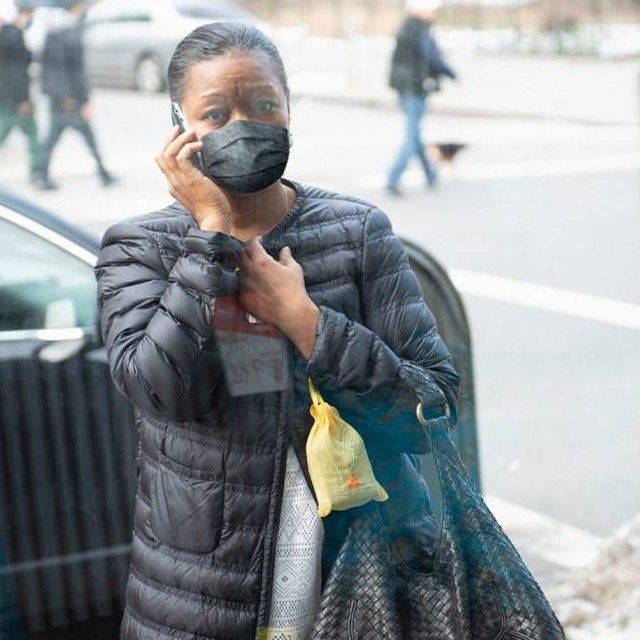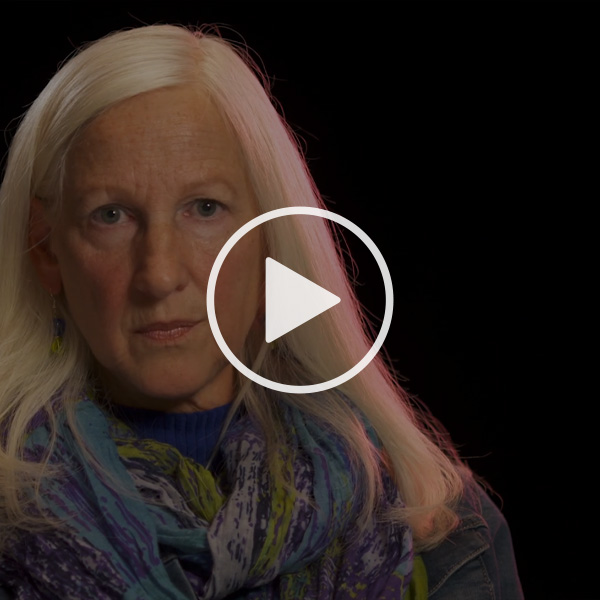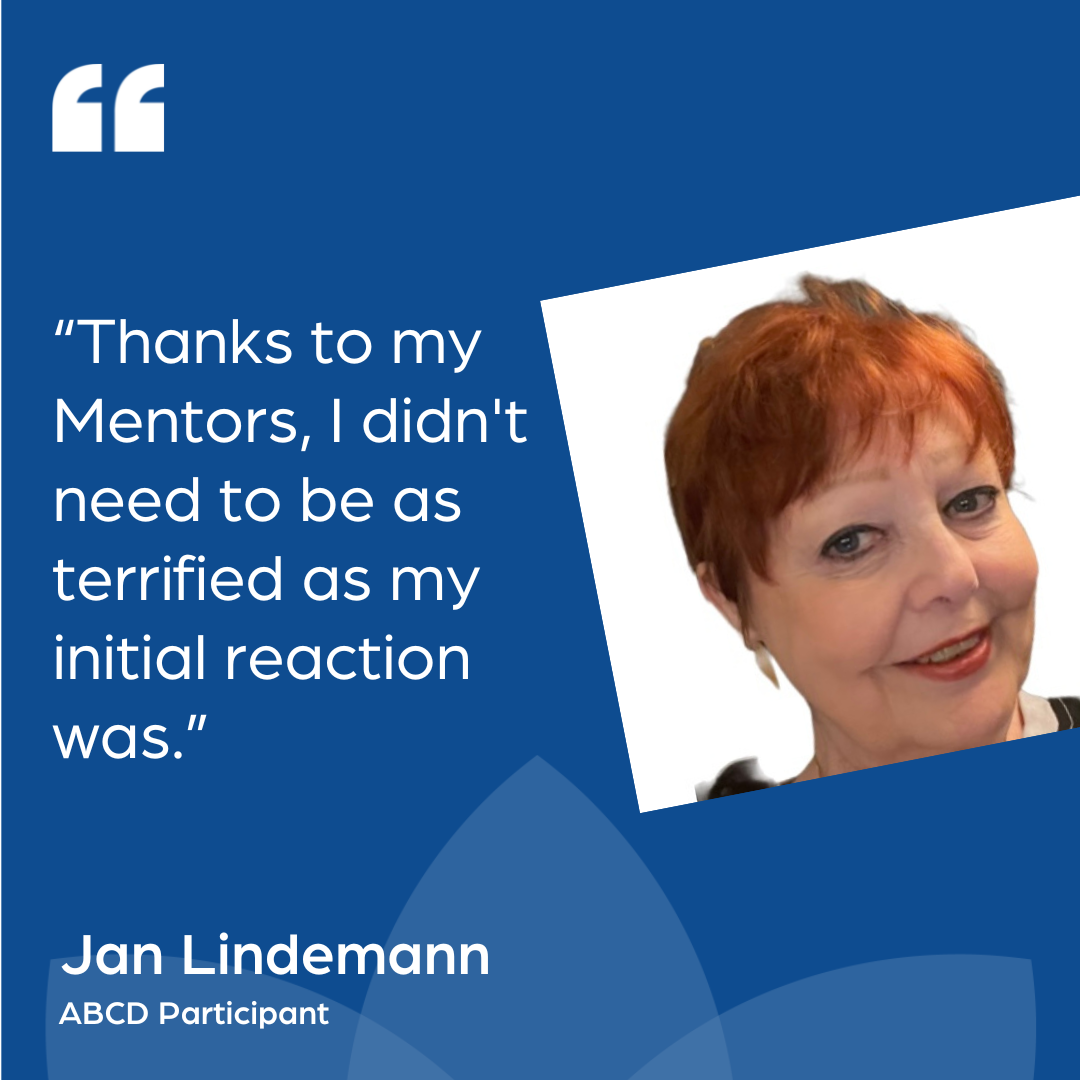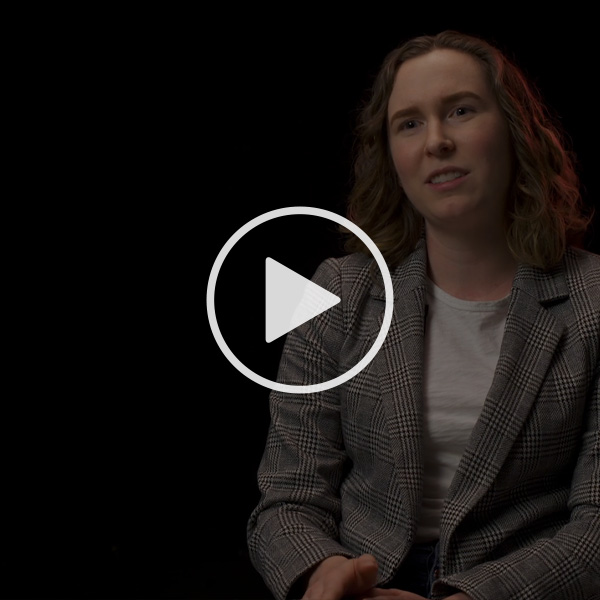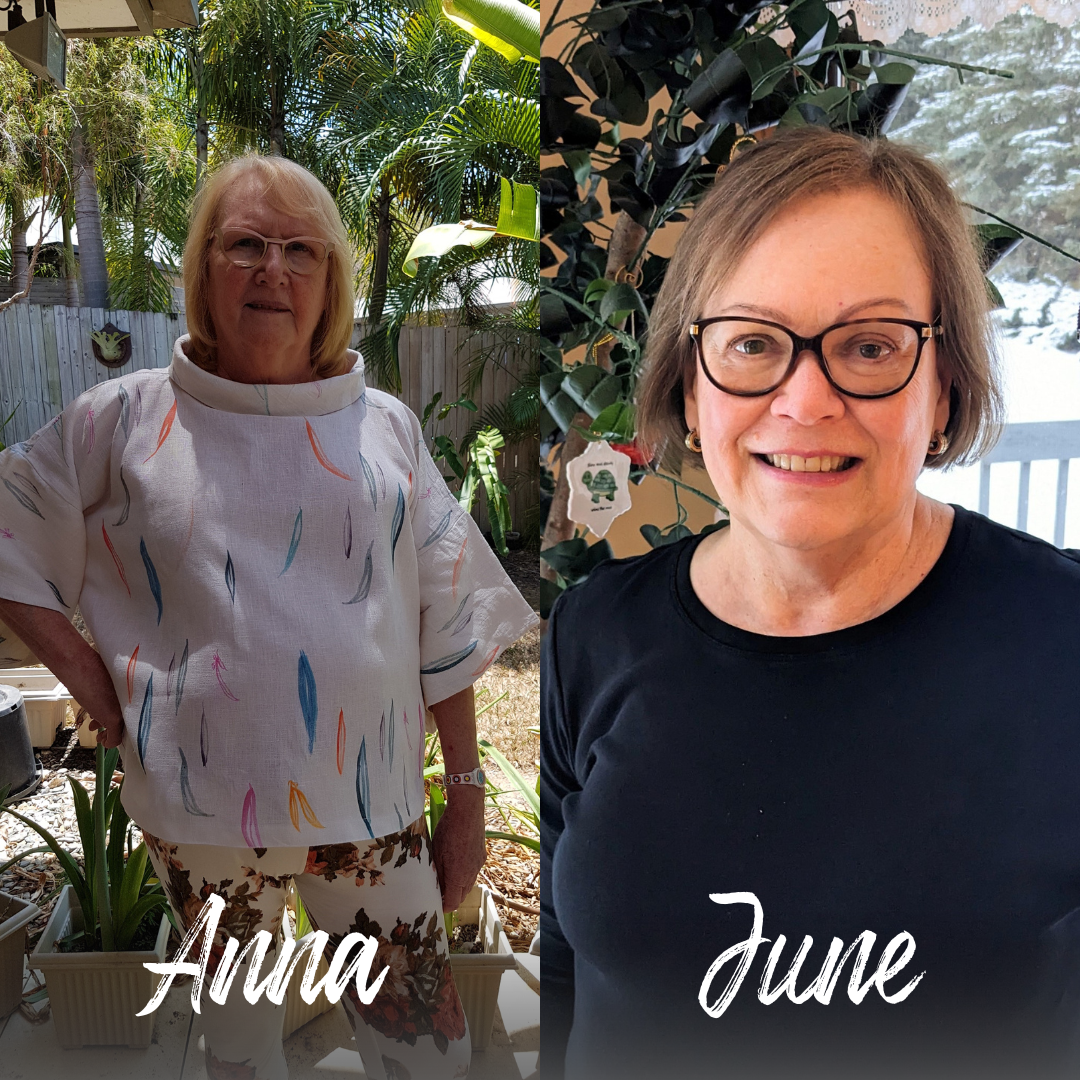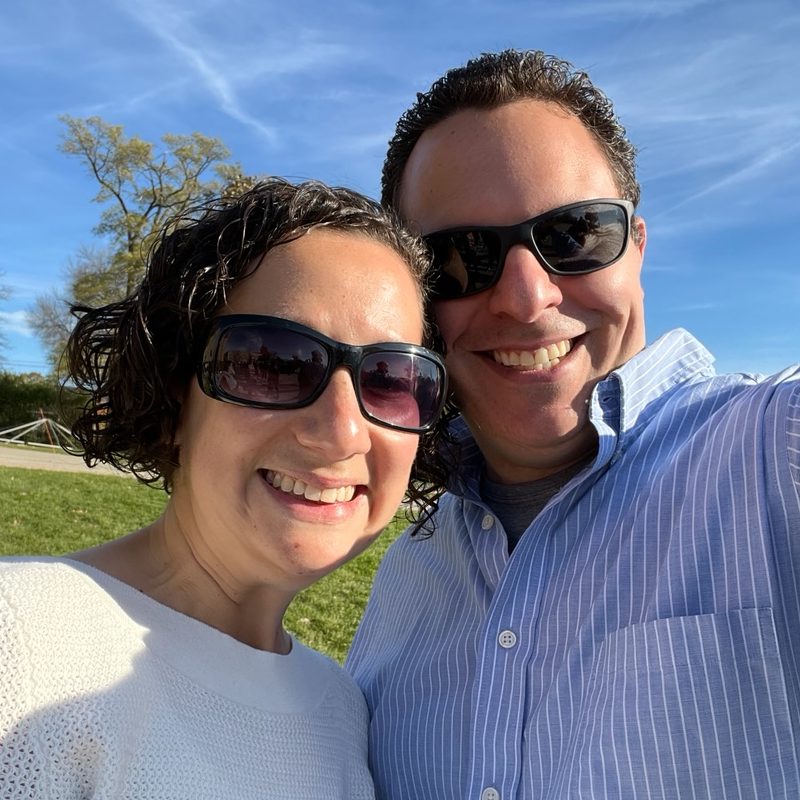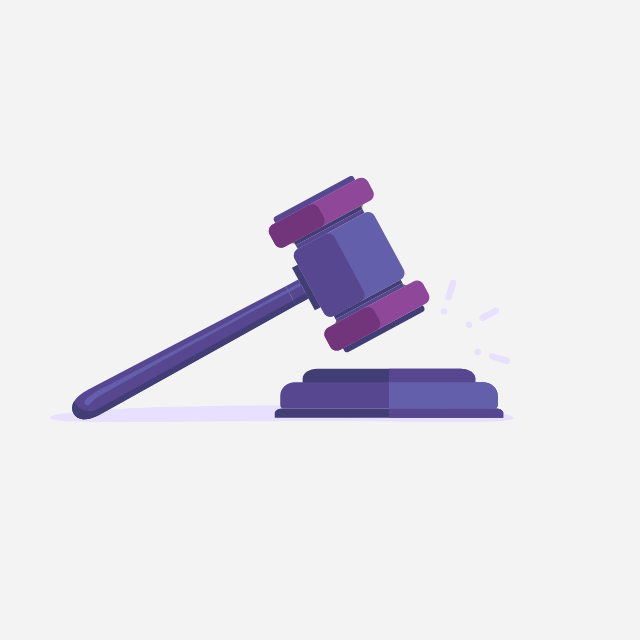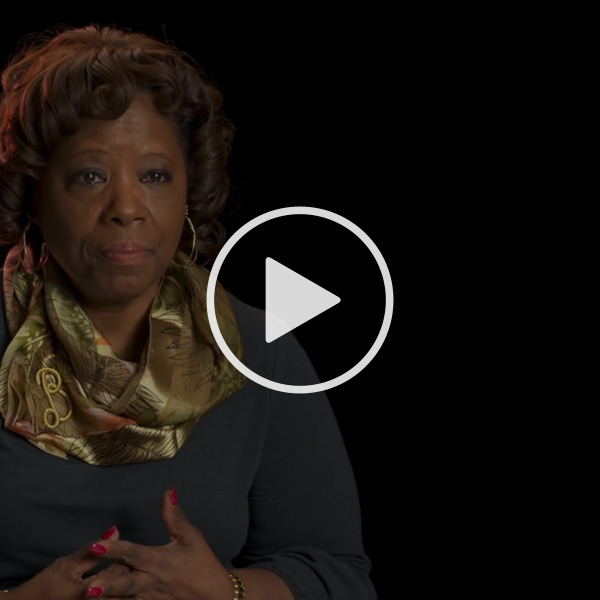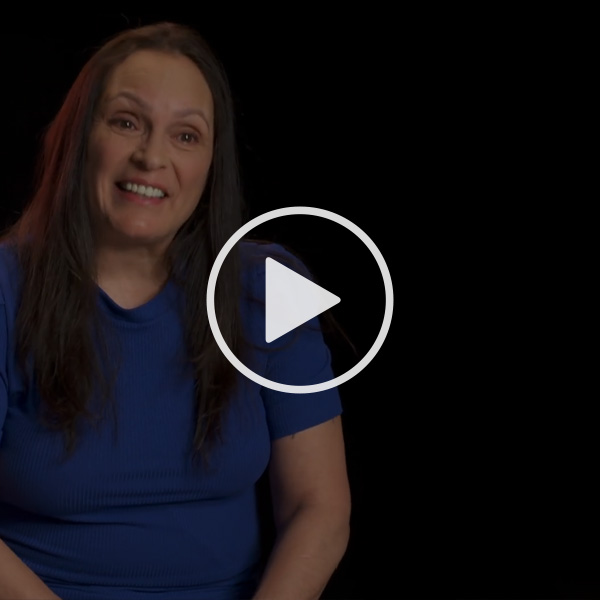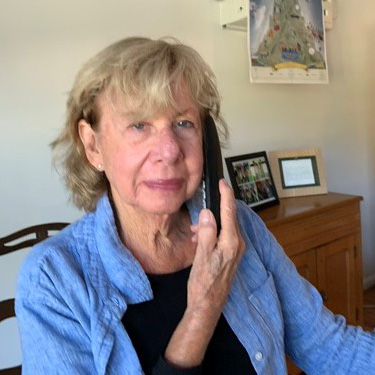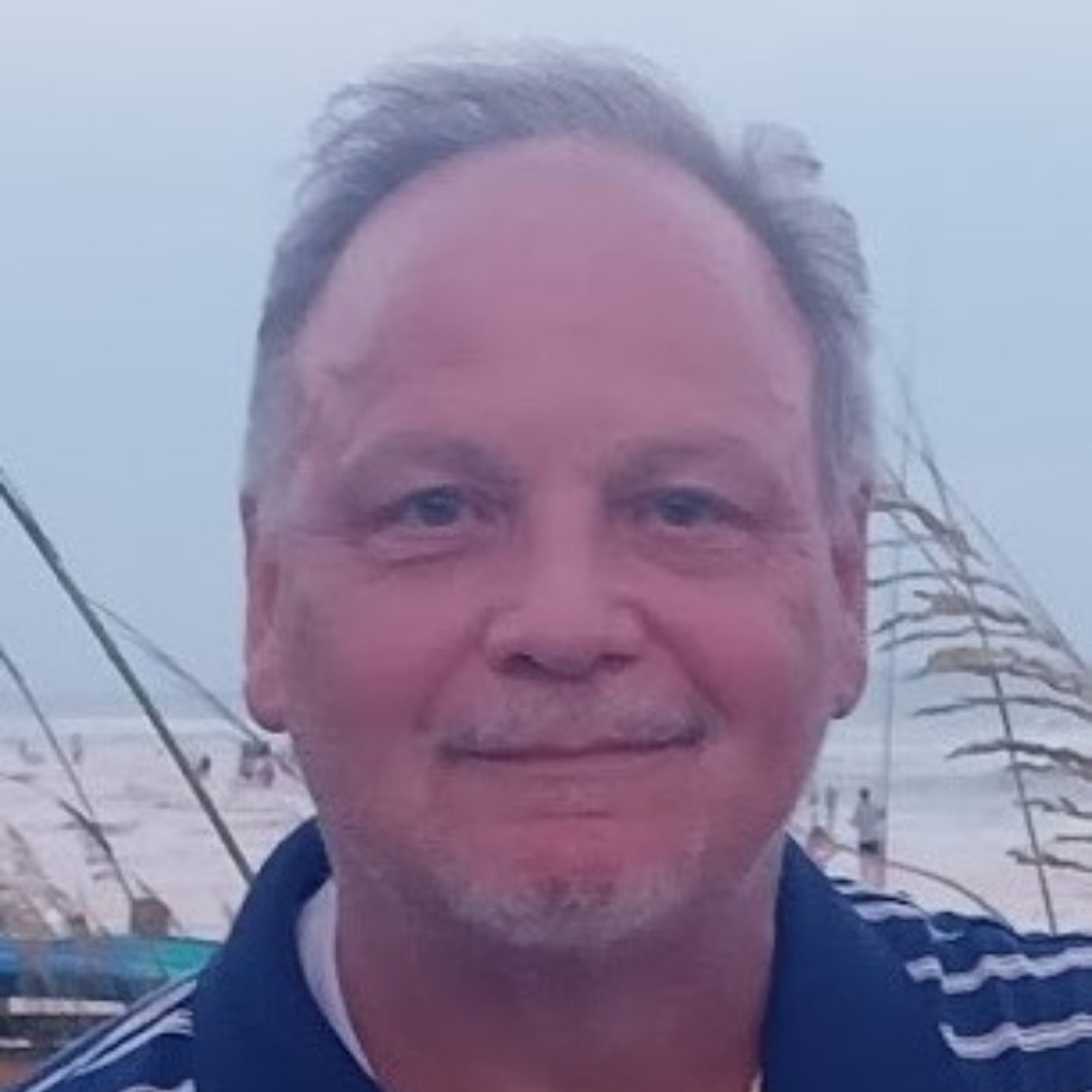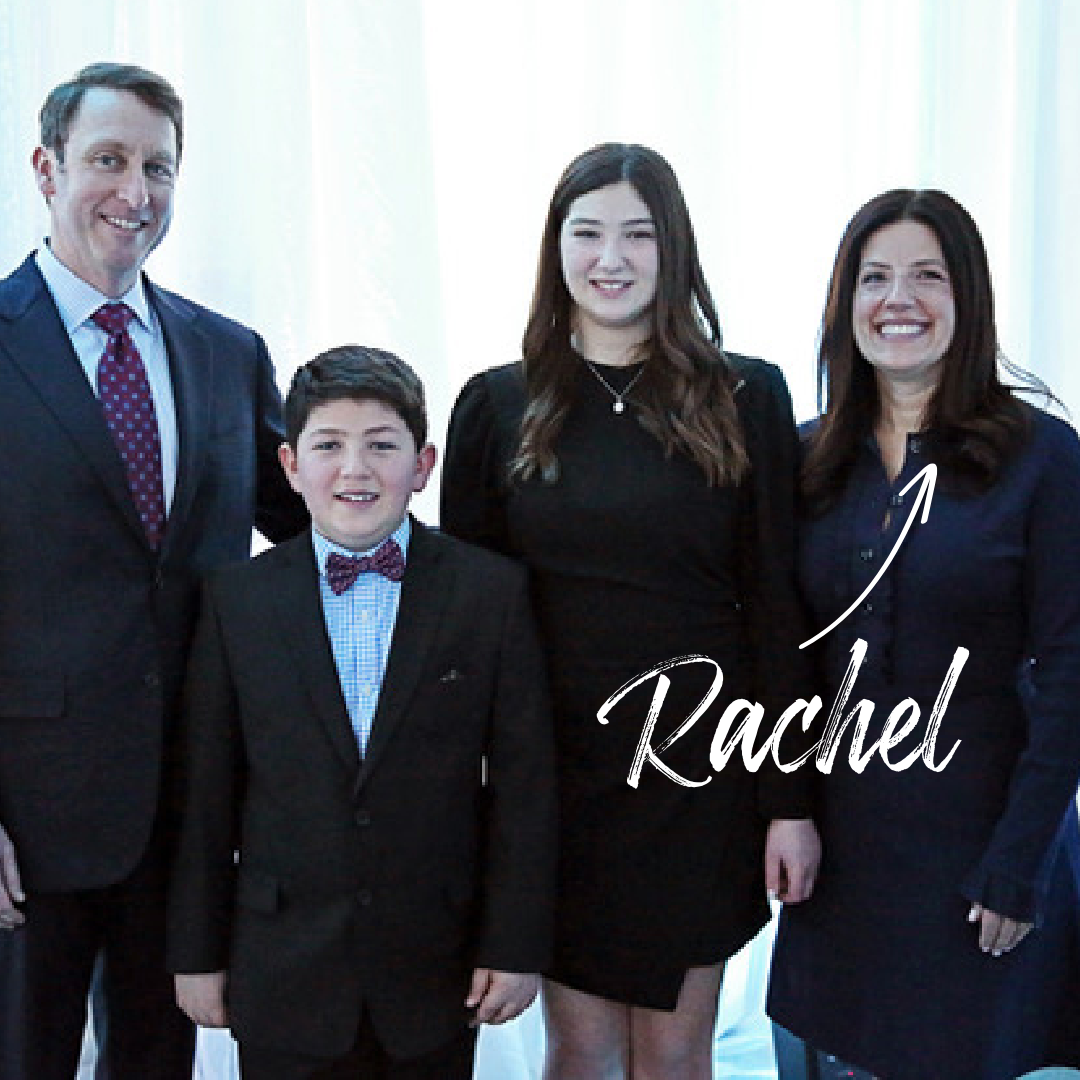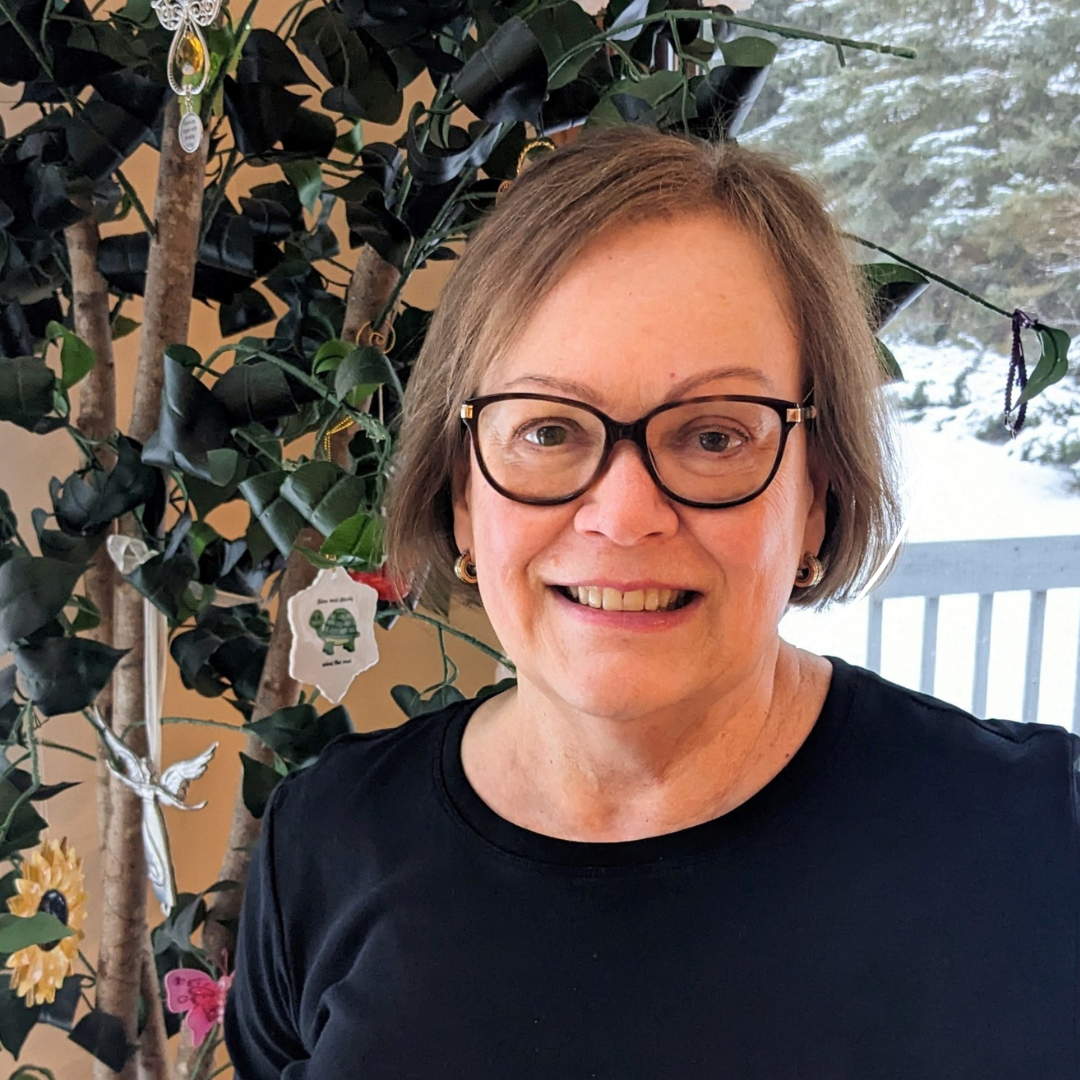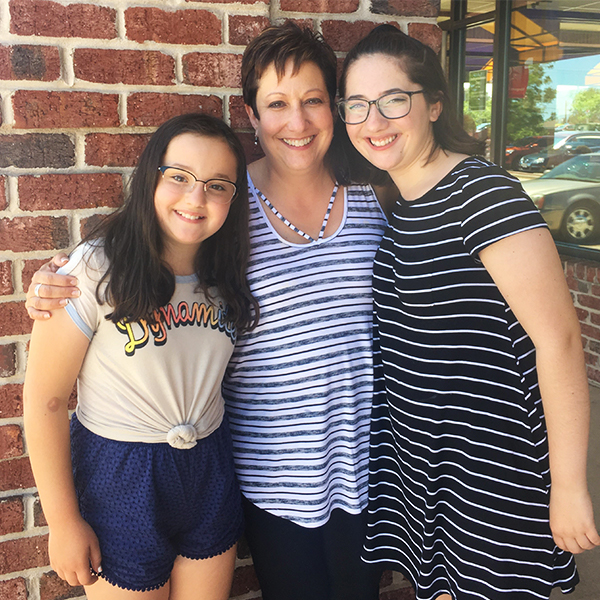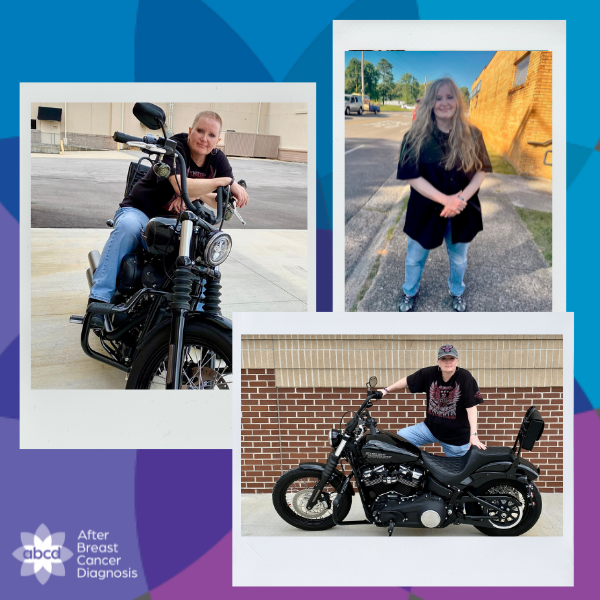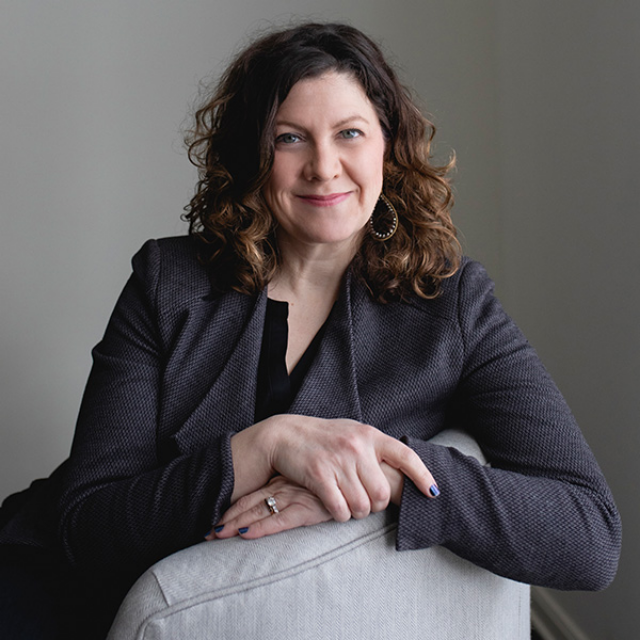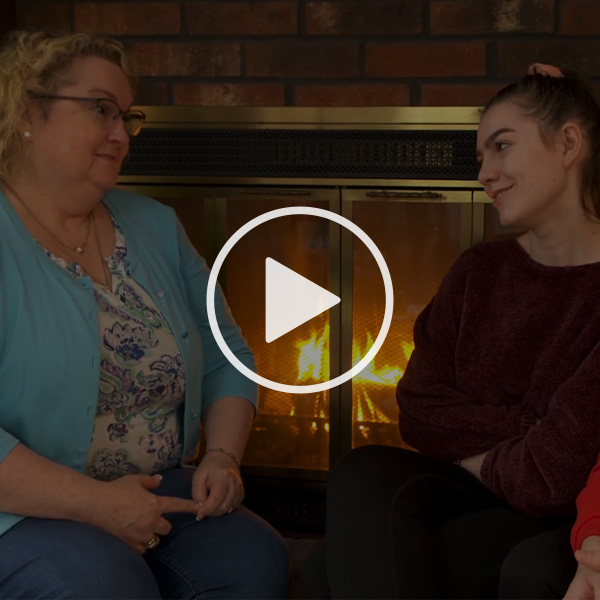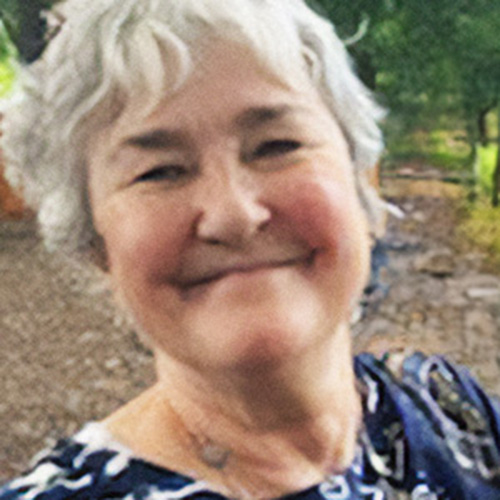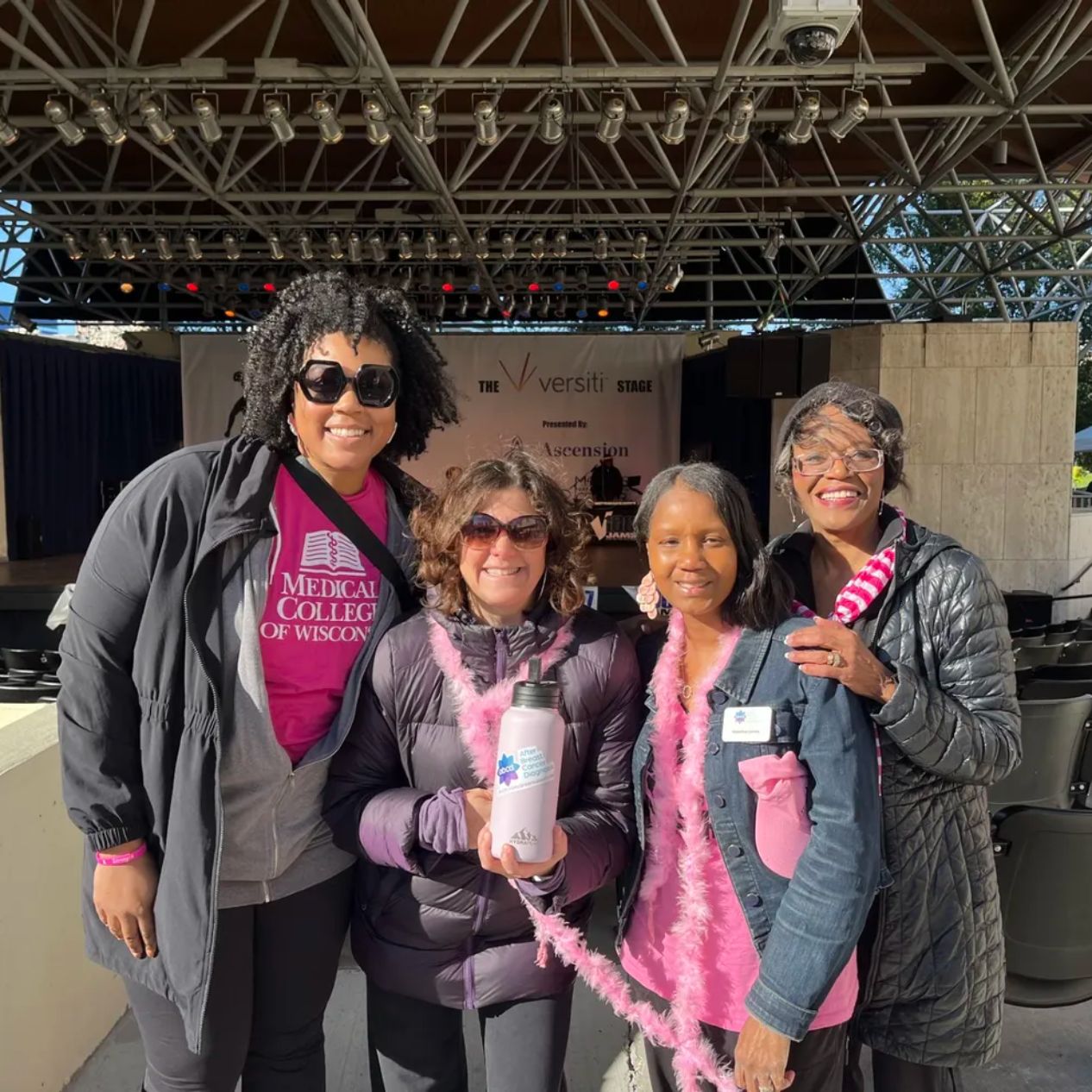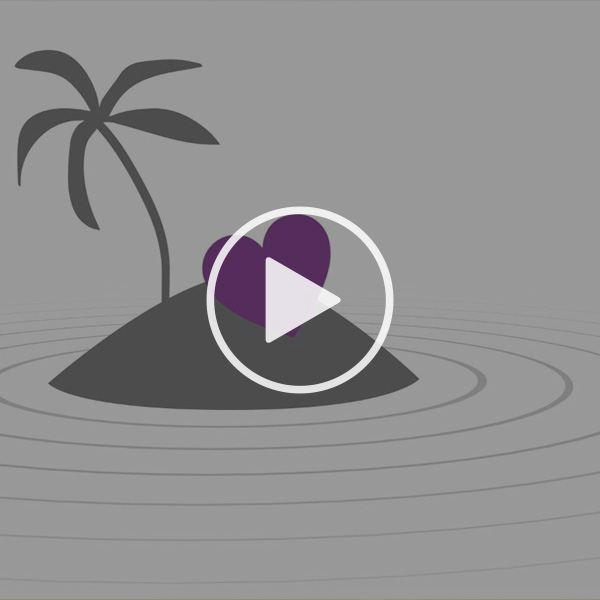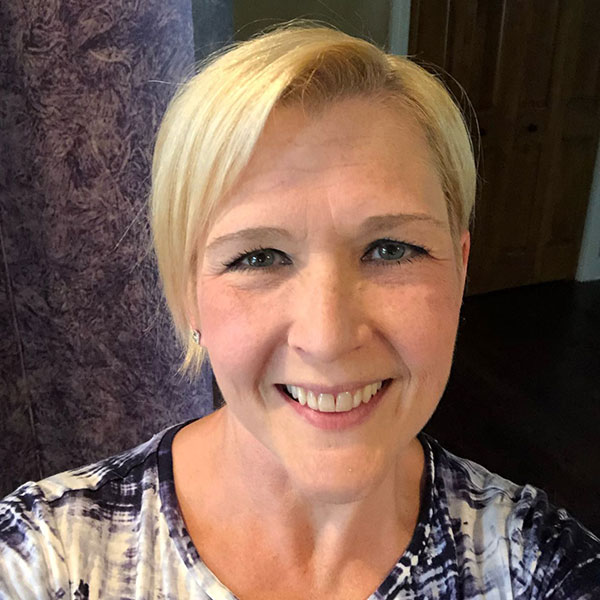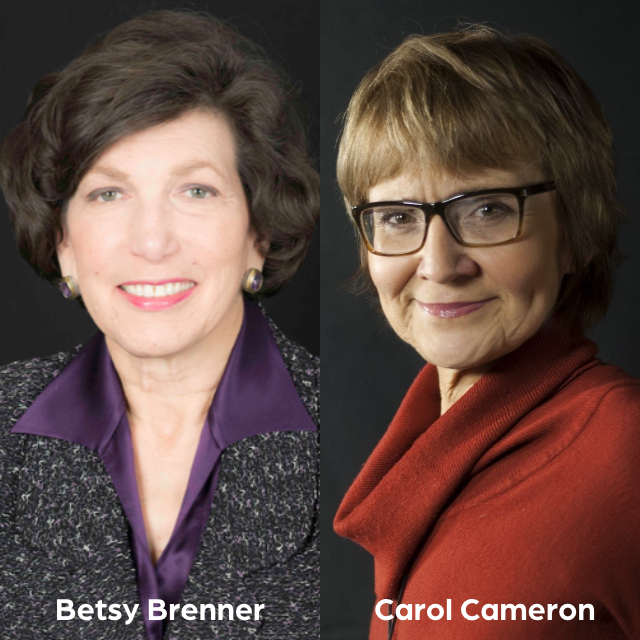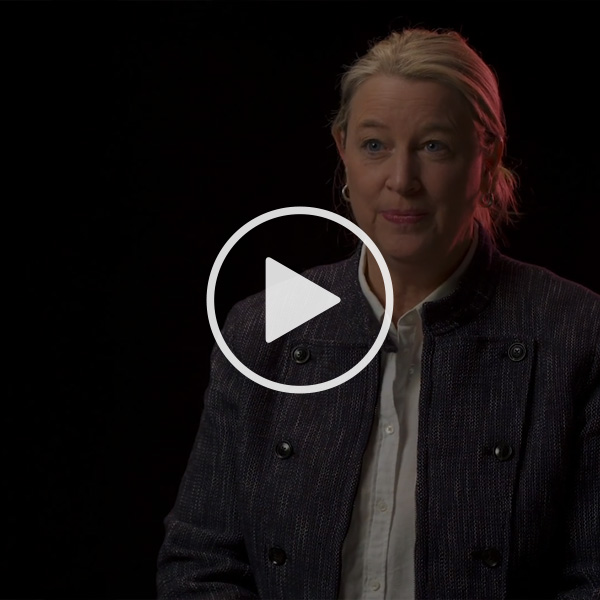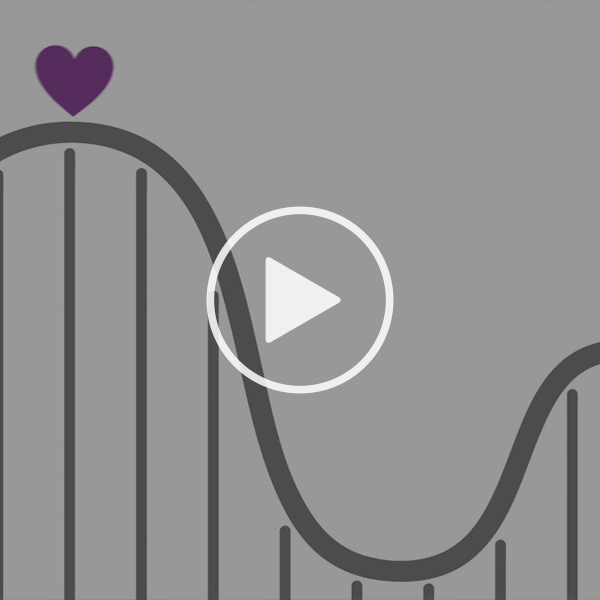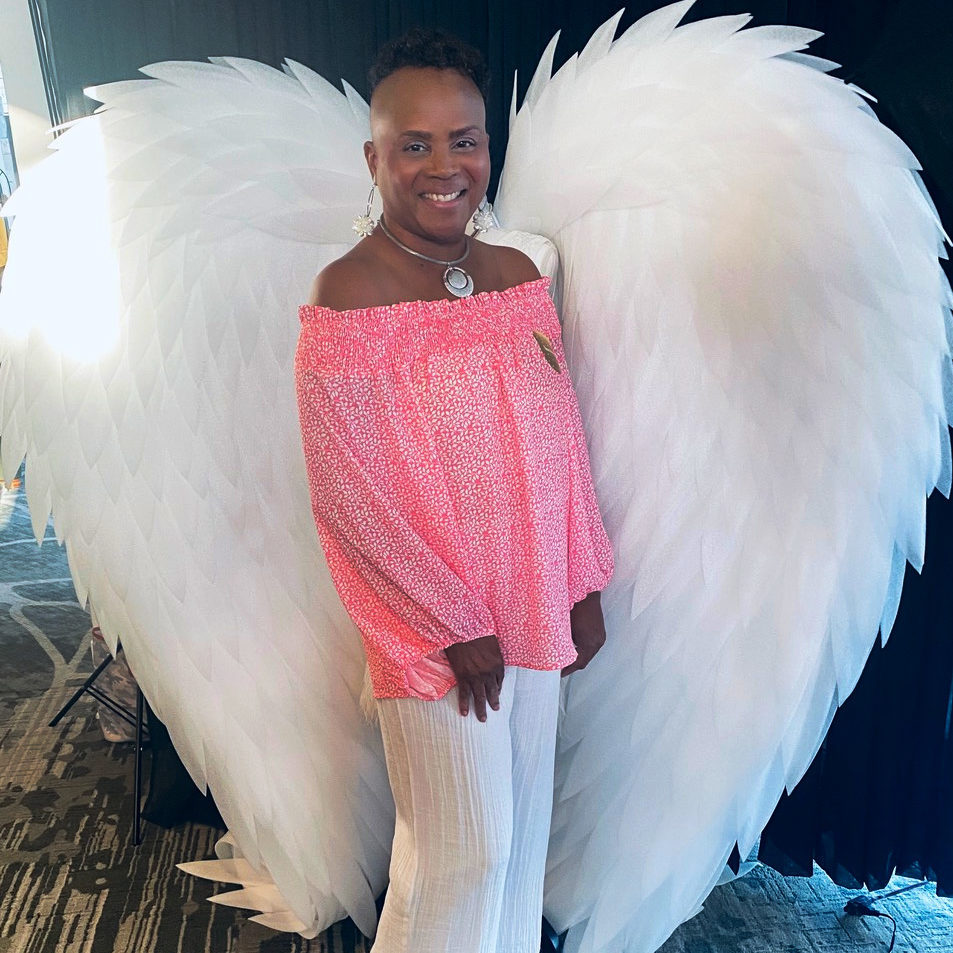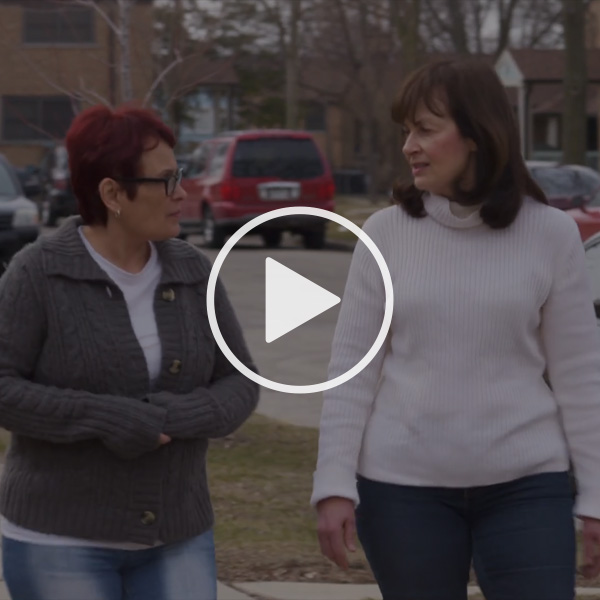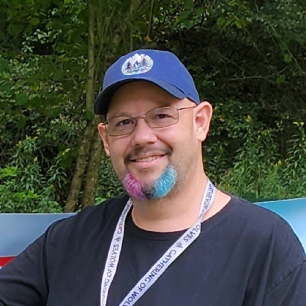
ABCD’s Male Mentors Want Others to Know: “You Don’t Have to Do This Alone” (Part 2)
— By Gina Rich
April 12, 2024
Danny’s Story
“Hi, sir. Are you here to sign your wife in?” This is how Danny Riggs was greeted when he stepped inside a Texas women’s imaging center in 2018.
“No, I’m here to sign myself in,” he told the receptionist, who looked surprised and irritated – until Danny explained he was there for a mammogram.
Several days earlier, Danny had noticed a strange knot in his right breast. His doctor ordered a mammogram, but he wasn’t worried. Neither was Danny.
“I knew that men could get breast cancer, but I also knew that it was extremely unlikely,” says Danny, a longtime paramedic who has also worked in construction.
After a technologist performed the mammogram – the first she’d ever completed on a man, she told Danny – a radiologist read the results. He explained that the test showed a benign condition called gynecomastia, an enlargement of breast tissue that can occur in males. “All I heard was ‘It’s not cancer. If it changes, come back,’” says Danny.
Over the next year, family and work kept Danny busy. He and his wife adopted two children, and he worked long hours at his construction job. But on Valentine’s Day in 2020, Danny noticed pain, redness, and warmth in the same breast that had prompted the mammogram.
This time, his doctor was much more concerned and ordered several tests. On March 11, 2020, just as the SARS-CoV-2 virus was prompting widespread closures in the States, Danny had his second mammogram, along with an ultrasound and biopsy of the suspicious area. Two days later, Danny got a phone call confirming his doctor’s fears: Danny had Stage 2B invasive ductal carcinoma.
After hearing the news, Danny said to his wife, “I have cancer. It doesn’t have us.” Those words took on even more importance in the years after Danny’s diagnosis, reflecting his decision to manage the disease while engaging fully in his life.
In the beginning, accessing the right support was difficult. “When I was first diagnosed and I was looking for support groups, I had a hard time finding acceptance amongst women with breast cancer,” Danny says. Finding men with breast cancer is “extremely hard,” he adds. That’s the case not only because the disease is rare in males, but also because social stigma discourages men from talking about it.
Danny’s treatment included a single mastectomy and the removal of several lymph nodes. He also completed chemotherapy and radiation, and in January 2021, he was declared cancer-free. But no one had told him how challenging the transition from treatment into survivorship would be.
That time period can be fraught with emotional struggles, Danny has learned, because men feel lost and don’t know what to do. While all cancer patients are at higher risk for suicide than people without cancer, males who are diagnosed commit suicide more frequently than women do, research has found. In general, the risk of suicide is highest in the first six months after diagnosis. But the risk can also increase down the road, when active treatment is completed and patients are entering the survivorship phase. “This is one of many reasons why I want to support men from beginning to end, and all stages in between,” Danny says.
Knowing that there is no such thing as going back to normal after cancer, Danny decided to do whatever he could to help other men move forward in a positive way. He began to volunteer with Man Up to Cancer, a non-profit organization that connects men with peer support during their cancer journeys. He credits Cheri Ambrose and Pat Washburn, who lead the Male Breast Cancer Global Alliance, with helping him become involved in this community.
“One of the things that I tell everybody is you don’t have to do this alone,” he says. “With Man Up to Cancer, we’re changing what it means to man up. ‘Man up’ means having the strength to ask for help when you need it.”
After being diagnosed with a recurrence in 2022, Danny learned his disease had metastasized. His attitude toward cancer and life remains unchanged. “I’m going to make the absolute best use of whatever time I’ve got left,” he says.
In 2023, Danny became a Mentor for ABCD: After Breast Cancer Diagnosis. He encourages other men to consider training to become Mentors, too. “This training will improve the quality of your advocacy work, and it gives you one more opportunity to make a difference,” he says.
Danny says it’s his mission to continue spreading the word to other men that there is life after cancer. “Just KFG – keep freaking going,” he says.
Danny was diagnosed in 2020 with Stage 2B IDC ER+PR+HER2-. His treatment plan included a unilateral mastectomy, chemotherapy, radiation, aromatase inhibitors, and Lupron. In 2022, he was diagnosed Stage 4 metastatic.
